Adivasis in Colonial India: Survival, Resistance and Negotiation
Synopsis
How do we define ‘adivasis’? A post-modernist approach will situate them as ‘colonial constructs’. However, as this book goes to show, tribals were not just a colonial creation. They were a part of south Asian reality at the time of India’s colonisation. Their world was not a monolithic one but the order of stratification was significantly reinforced with the advent of colonialism and its diverse interventions, in terms of the complexities arising out of land settlements and the commercialisation of agriculture.
Bringing together contributions from historians, sociologists, social anthropologists and younger scholars, this volume provides a holistic view of the world of adivasis under the British in the nineteenth and twentieth centuries. It unravels the ways in which the adivasi society negotiated with itself and interacted with the shifts and changes that were taking place during this period. The essays focus on the impact of the sahukar-zamindar-sarkar nexus on the adivasis; the question of dispossession and migration in the face of colonial capitalism and global needs of labour; the process of politicisation and resistance against coercive strategies of control and dominance; the problems within the adivasi society, and the questions of identity and patriarchy; medical colonialism and the adivasi healing systems; and the different ideologies that guided the ‘adivasi’ politics in colonial India—from protests against feudal rulers, to protests against the national movement and later, the struggles led by the socialists and communists. While tracing the trajectory of the life of the adivasis, the book also examines the genealogy of the concept of higher and lower races.
Going beyond the colonial and anti-colonial theme to explore the world of the adivasis and their social history, this book makes a conscious effort to locate the ‘present’ in the context of the ‘past’. It contributes to the understanding of the encroaching colonial ideals and intentions in the name of development and civilisation, that continue to impact their lives even today.
Read more
Bringing together contributions from historians, sociologists, social anthropologists and younger scholars, this volume provides a holistic view of the world of adivasis under the British in the nineteenth and twentieth centuries. It unravels the ways in which the adivasi society negotiated with itself and interacted with the shifts and changes that were taking place during this period. The essays focus on the impact of the sahukar-zamindar-sarkar nexus on the adivasis; the question of dispossession and migration in the face of colonial capitalism and global needs of labour; the process of politicisation and resistance against coercive strategies of control and dominance; the problems within the adivasi society, and the questions of identity and patriarchy; medical colonialism and the adivasi healing systems; and the different ideologies that guided the ‘adivasi’ politics in colonial India—from protests against feudal rulers, to protests against the national movement and later, the struggles led by the socialists and communists. While tracing the trajectory of the life of the adivasis, the book also examines the genealogy of the concept of higher and lower races.
Going beyond the colonial and anti-colonial theme to explore the world of the adivasis and their social history, this book makes a conscious effort to locate the ‘present’ in the context of the ‘past’. It contributes to the understanding of the encroaching colonial ideals and intentions in the name of development and civilisation, that continue to impact their lives even today.
41.40
37.26
$
46.00 $
Free delivery Wolrdwidе in 10-18 days
Ships in 1-2 days from New Delhi
Membership for 1 Year $35.00
Get it now and save 10%
Get it now and save 10%
BECOME A MEMBER
Books by the same author

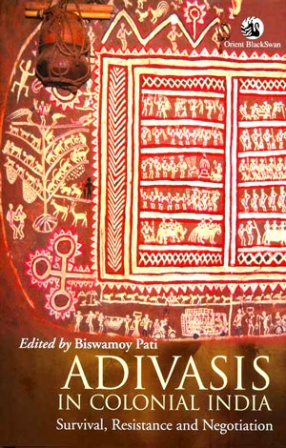

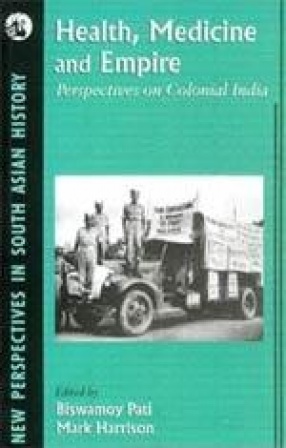

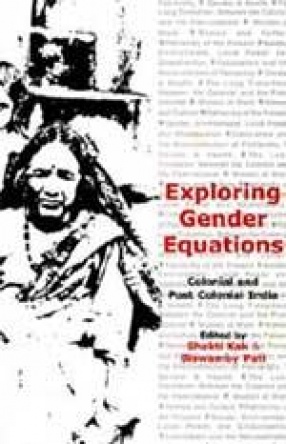

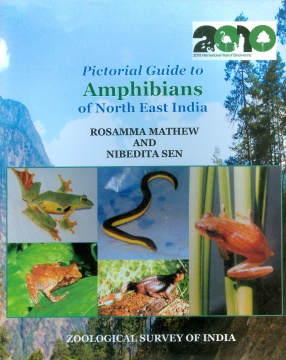
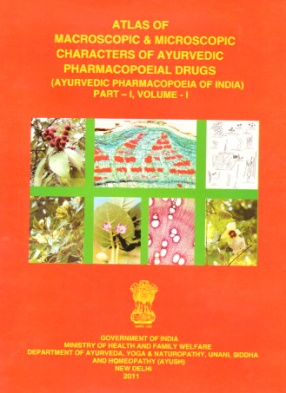


Bibliographic information